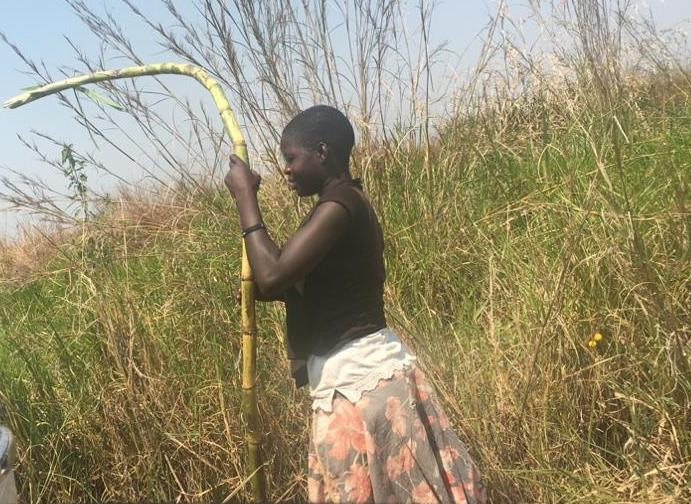
Although women account for half the population, they generally do not have the same opportunities as the male population which is reflected in employment opportunities, difference in pay, as well as access to financial services. Reducing gender-based inequality has proven to be closely linked to increased economic development, resulting in higher income per capita, increased sustainability, and enhanced social stability. Investing in women and their enterprises and closing the gender gap has the potential to add an estimated 26% to annual global GDP by 2025.
The Uganda Development Bank (UDB) wants its operations to promote development, including gender equality. In line with the National Development Plan it has recognised gender as one of the cross-cutting elements. UDB is receiving a loan from EIB where 25- 30% of the loan proceeds are provided to businesses that contribute to women’s economic empowerment and gender equality. Those businesses are supposed to fulfil the 2X challenge financing for women criteria that EIB has signed up to. The 2X challenge is a global initiative, founded by the G7 Global Development Finance Institutions. It sets a number of criteria that qualify as improving gender equality, focusing on access to finance for women owned or women led businesses, increasing women’s employment opportunities and women’s access to products and services.
For female owned SMEs, the difficulty in accessing financial services is increased due to a lack of collateral (e.g. ownership of property), cultural restrictions, and differing attitudes toward borrowing and financing. The aim of AFC’s assignment is therefore to develop a gender strategy that will guide UDB on how to better reach women clients, build capacity of UDB in monitoring and reporting on sex-disaggregated data, which will inform product and pipeline development.
By aligning the bank’s gender strategy to meet the 2XChallenge by the end of 2024, the bank can actively assess specific investment opportunities for women’s economic empowerment and track progress against those criteria.
To fine-tune and finalise the gender strategy for UDB, AFC’s expert also held interviews with the staff and visited current clients in Northern Uganda. One of the field visits was made to the Hope Project which is a co-operative of women farmers. This means that the wife is the member of the co-operative. The main agricultural benefits are better seeds, better crops and a shared tractor they can hire. The husband of the farmer noted that the capacity building surrounding gender equality was very good. As a result, they now work together, plan together and make decisions together. They have managed to save up and build a new house.
UDB embraces the 2XChallenge and an annual target will be incorporated so that progression will be made toward achieving the ratios for women in management and female ownership by the end of 2024. In addition, the bank is working towards allocating at least 30% of all their capital to women owned or led enterprises by the end of 2024.
For further information please contact:
Andrew.Obara [at] afci.de or
Friederike.Graupner [at] afci.de
